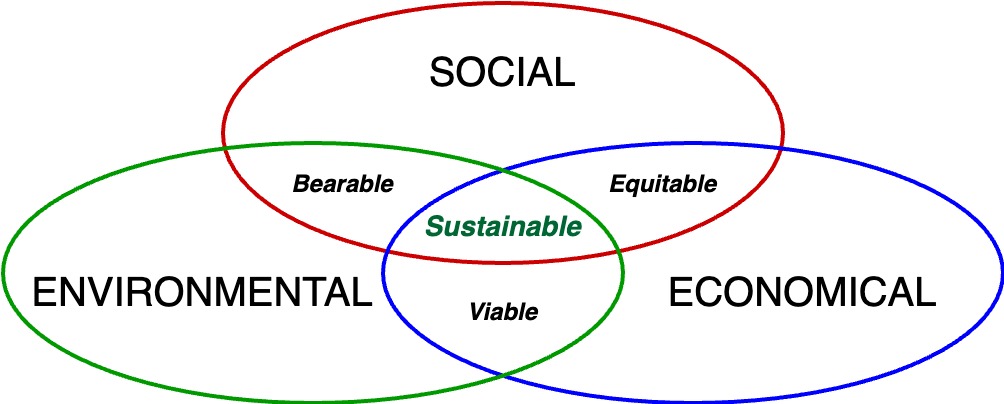Hey everyone! Let’s talk about something that’s been on my mind for a long time now: the sustainability of our academic travels. It’s a tricky topic because it mixes economic, social, and environmental factors. I will try to break down these elements and suggest ways we can make smarter travel choices without giving up on the benefits that come with attending conferences and other academic events.
Traveling for academic purposes isn’t just about buying plane tickets; it involves registration fees, hotel stays, and even the precious time we take away from other duties. These expenses add up, and we need to make sure the benefits outweigh the costs. A side effect is that you support local tourism, which might be of need.
On the bright side, traveling to conferences is a fantastic way to exchange knowledge, meet new people, and spark fresh ideas. These social benefits are crucial—they help us grow as professionals and enrich our fields of study.
Now, the environmental part is a bit of a downer. Flying out to events, especially internationally, isn’t great for our planet. However, I firmly believe that stopping all travel is not the solution—we need to travel less frequently and smarter.
Making Smarter Choices
Before starting a trip, you need to answer the following questions: Is travel really needed, and do I profit from it? Some travels are not, for example, flying from Bremen to Munich for a one-day event to meet some people I don’t know without real goals for the event. Some travels are surely worth, for example, the annual conference of your technical community, which is by chance happening in your country.
Once you decide you want to go, here are some tips:
-
Trains Over Planes: If you can, take the train. It’s usually a greener choice.
-
Fewer Flights: Try to fly less by combining flights with trains. Also, look into carbon offset programs; many institutions offer these automatically.
-
Green Stays: Choose hotels that are known for sustainable practices; many search engines already provide this information.
-
Extend Your Visit: If you’re traveling far, why not make the most of it? Visit a local lab, give a lecture, or just explore the area. It makes your carbon “spend” go further. Maybe you can also visit the places where you change vehicles anyhow.
Managing Travels in the Group
As a professor and team leader, I need to set up clear and transparent rules for all team members (including myself!) to reduce my group’s carbon footprint. Here are our current rules:
-
We maintain a list of the top conferences and where they take place each year (approximately 10 conferences are currently on the list).
-
We prefer sending our papers to the closest top conferences.
-
If there are really no other options, PhD students are allowed to submit to a remote conference, but they can only go if a full paper is accepted.
-
When organizing the travel, we always check for flight options from Hamburg, which is much better connected than Bremen and very often has a direct connection to our destination.
-
Exceptions need to be made, for example, when serving on the organizing committee or for extended research stays (sabbaticals and internships). We discuss all exceptions in the team meetings, consider alternatives, and how to make the travels even more useful.
Wrapping Up
This article has been written in 2024, when no real alternatives to in-person conferences are available, Hybrid events are currently a highly frustrating experience, with people showing up only for their own presentations (usually with technical problems) and no real possibilities to socialise or to discuss in depth. I guess there is something about our own evolution here, and we still prefer to eat and hang out together rather than sit in front of a display. I am truly looking forward to that new shiny tool, which I am sure will come out in the next years, to actually substitute in-person conferences with virtual ones: something like the Star Wars Jedi Council – may the force be with you!

Wookieepedia

